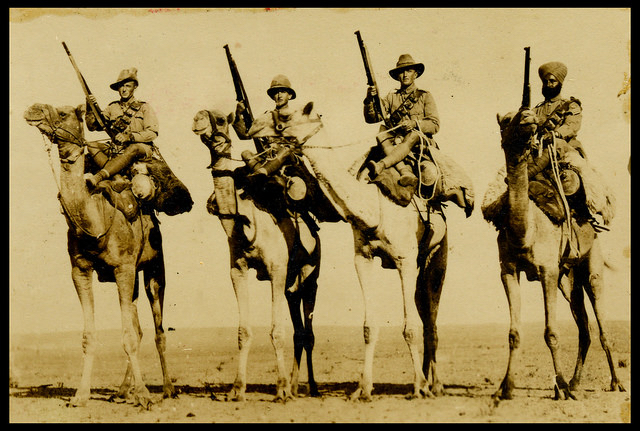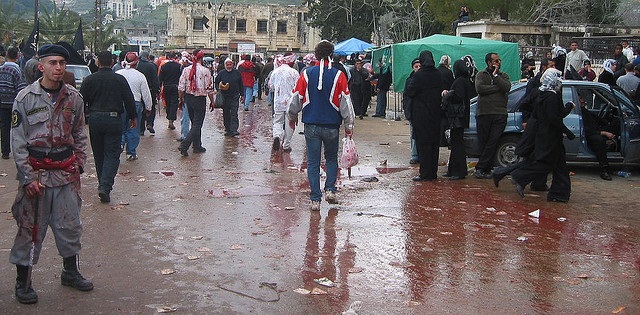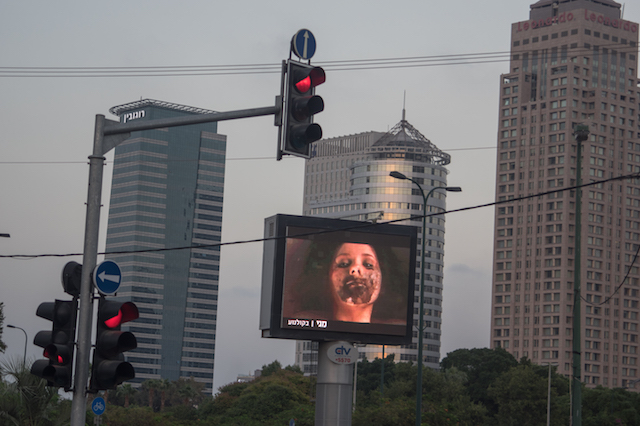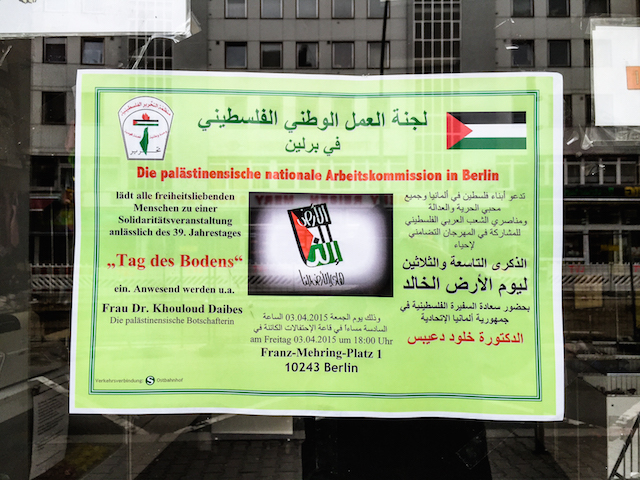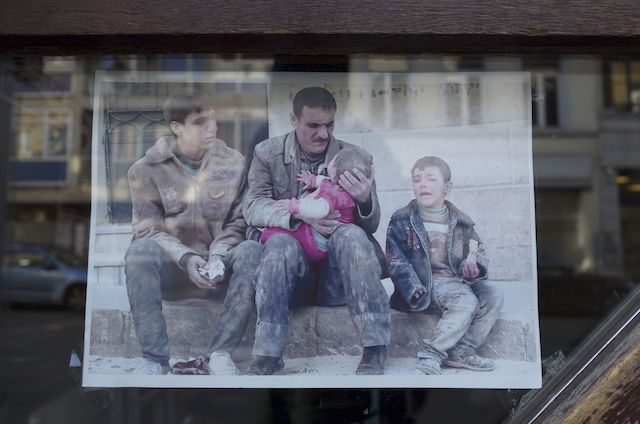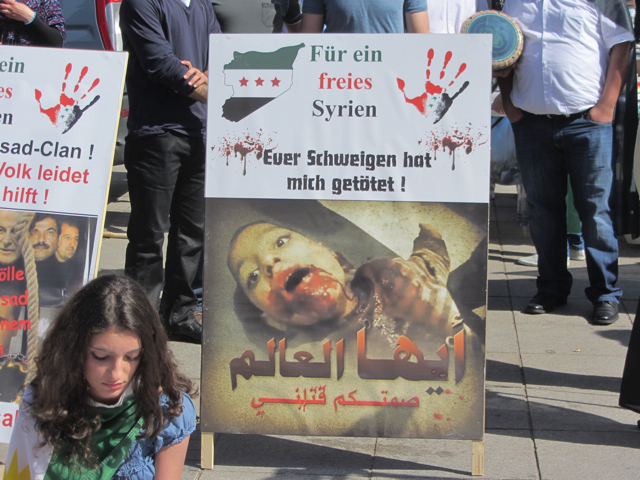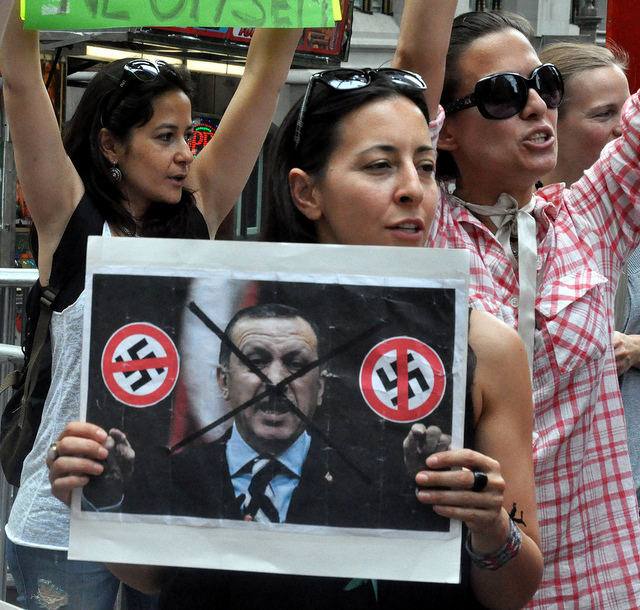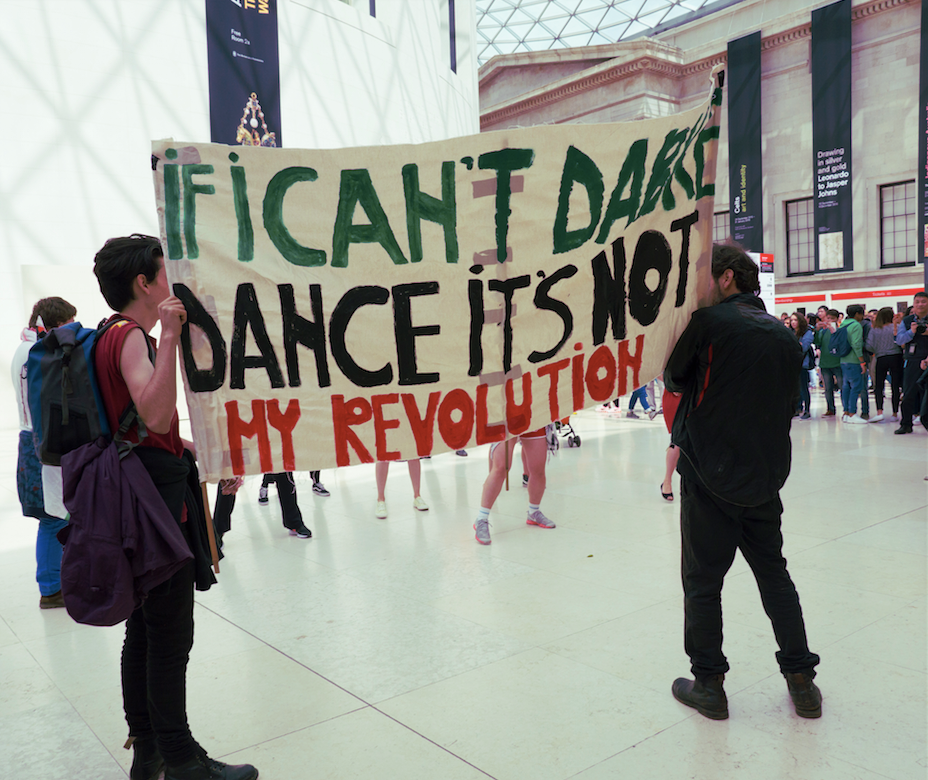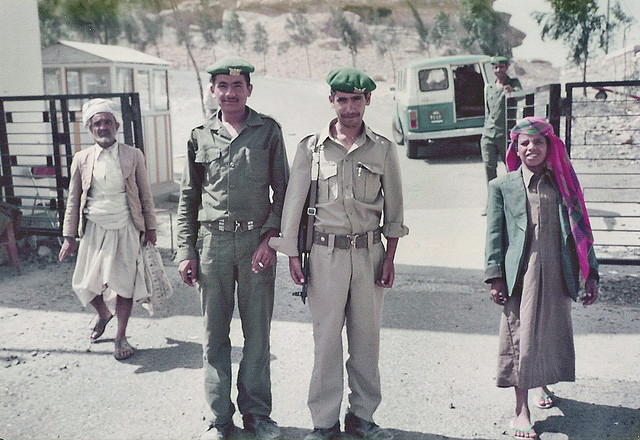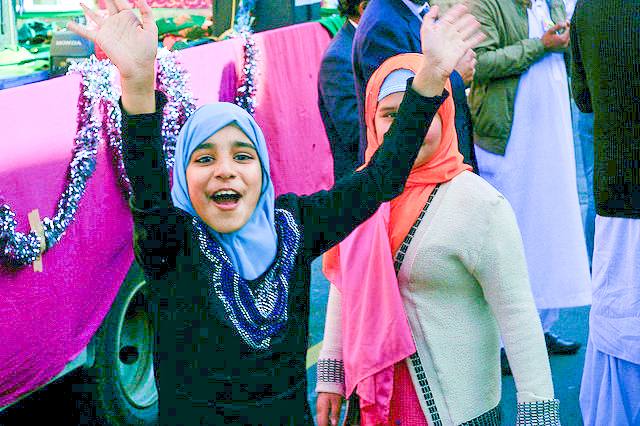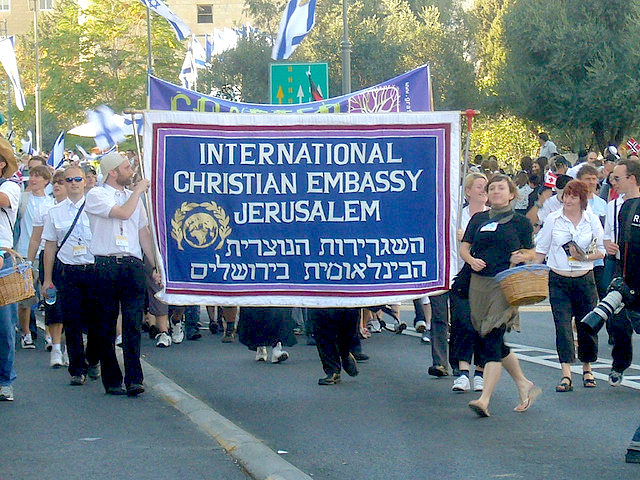The Holy Land has been the scene of war since the dawn of History. Long before Belgium became the cockpit of Europe, Palestine was the cock-pit of the known world. Here, on the high road between Asia and Africa, were fought the great wars of Egyptians and Assyrians, Israelites and Canaanites, Greeks and Romans, Saracens and Crusaders. (More…)
Near & Middle East
Iranian revolutionary sociologist Ali Shariati took care to differentiate between martyrs and shaheed. Shariati believed that martyrs “die for the sake of god,” while shaheed are “always alive and present.” (More…)
The new Zionism, which has been called the political one, differs, however, from the old, the religious, the Messianic one, in this,—that it disavows all mysticism, no longer identifies itself with Messianism, and does not expect the return to Palestine to be brought about by a miracle, but desires to prepare the way by its own efforts. (More…)
The country to which the name of Palestine is given by moderns is that portion of the Turkish empire in Asia which is comprehended within the 31st and 34th degrees north latitude, and extends from the Mediterranean to the Syrian Desert, eastward of the river Jordan and the Dead Sea. (More…)
So Russia is now an active participant in the Syrian civil war. The pretext is standard: Islamic State must be defeated at any cost to the Syrian people. Yet the bombs are falling on other rebel targets – al-Qaeda’s Jabhat al-Nusra, no doubt – and civilian targets are not out of bounds. (More…)
In realpolitik minds, Vladimir Putin casts the shadow of a shrewd player on the world stage. He opposes ‘humanitarian interventions’, while he aggressively defends Russia’s national sovereignty. Even still, it’s true Putin understands power as well as he wields it. Putin’s primary interest is in the consolidation of the state and the maintenance of its power. (More…)
Since March, Islamic State has been implementing a string of attacks in Northwestern Yemen, most recently with a car bomb attack on June 29 that killed dozens of people. Its gradual rise in the country, and competition with Al-Qaeda in the Arabian Peninsula (AQAP), is best understood through a discussion of failed counterinsurgency policies by Saudi Arabia and the United States. (More…)
It was commonly said at the beginning of this war that, whatever Germany’s military resources might be, she was hopelessly and childishly lacking in diplomatic ability and in knowledge of psychology, from which all success in diplomacy is distilled. (More…)
“If I can’t dabke dance, it’s not my revolution.” We paint these words in the colours of our favourite flag on a white canvas, the banner for our flashmob in the British Museum on the first anniversary of Operation Protective Edge, in Gaza. (More…)
From the conclusion of the Aden Emergency in 1967, to the end of the Cold War, southern Yemen was known as the People’s Democratic Republic of Yemen, and ruled by a Stalinist Politburo in Aden. Its ambitious domestic experiments, and Trotskyist foreign policies, were a constant headache for both its monarchical neighbours, and the nascent dictatorship of Ali Abdullah Saleh. (More…)
At first glance, the idea of England as an arena where two great religious forces meet seems rather far-fetched, but there is more Moslem activity in some of our English towns than people imagine. Turning over some files of the Kibla (a Meccan newspaper), one comes across passages like the following: (More…)
A European hat in those days was a rarity except in the large towns, and it attracted notice. That is the reason why I generally discarded it, with other too conspicuously Western adjuncts. Where the inhabitants were not well mannered, the hat was apt to be saluted with a shower of stones. (More…)
